Dear all,
I've been having some issues during case studies when it comes to making assumptions about different factors influencing a business, an industry or a market size.
As an example, when I get asked what 3 factors influence variable costs of a power plant or supply chain issues faced by an engine manufacturer, my brain freezes up because all I can think of is that I have never worked in this sector or done any research into this topic.
I have read CIP and Victor Cheng's book, as well as various online material, however, I feel like this point is rarely addressed.
Short from practising as many cases as possible to cover the majority of industries and business problems, has anybody come across a resource which provides a good breakdown of facts one should try to memorise for each industry / business type?
Thanks in advance!
Alex






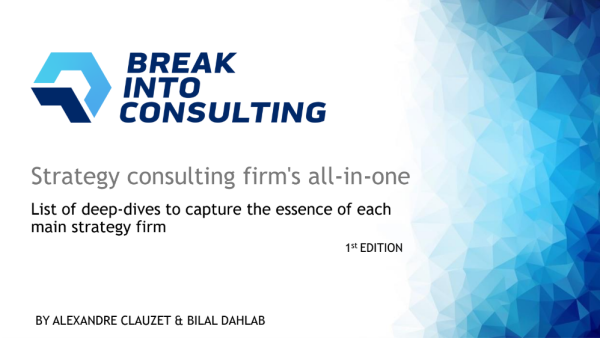
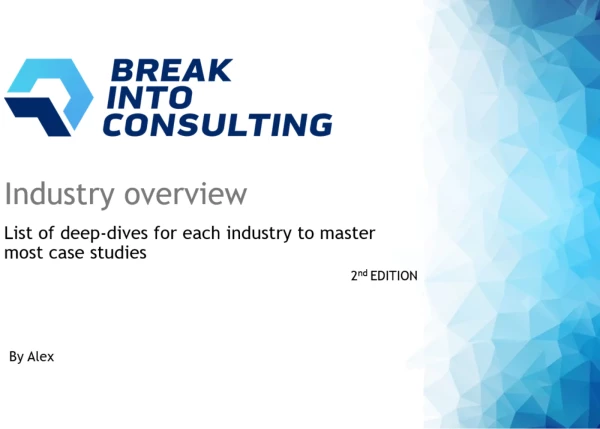
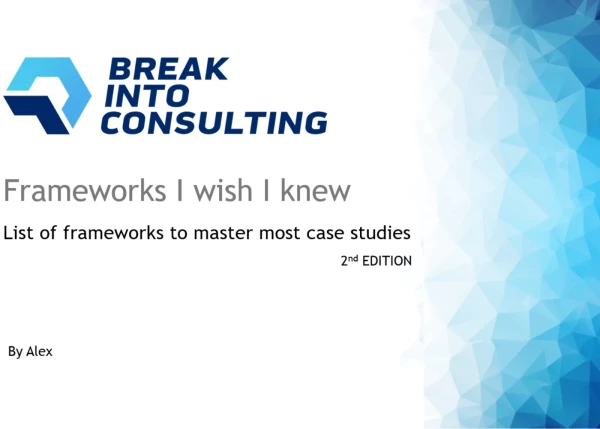



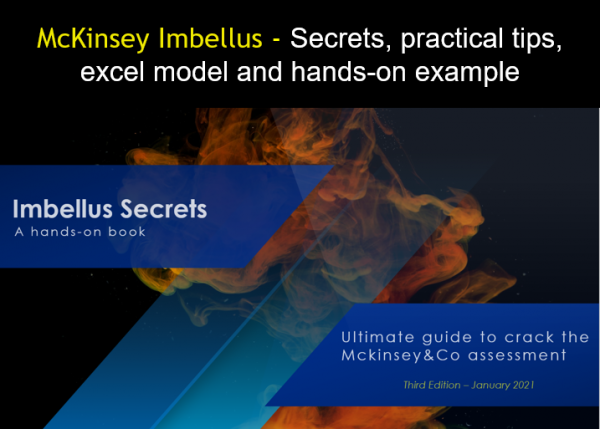




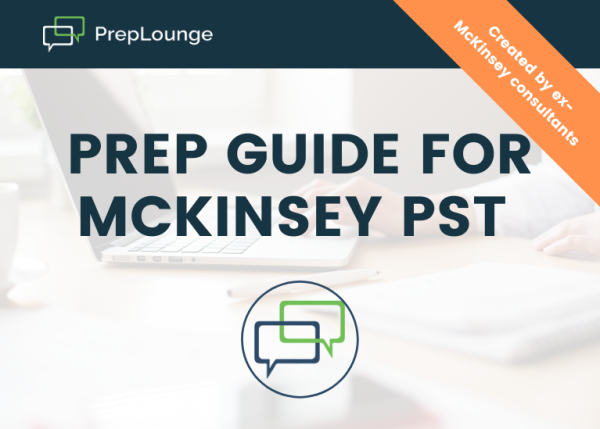

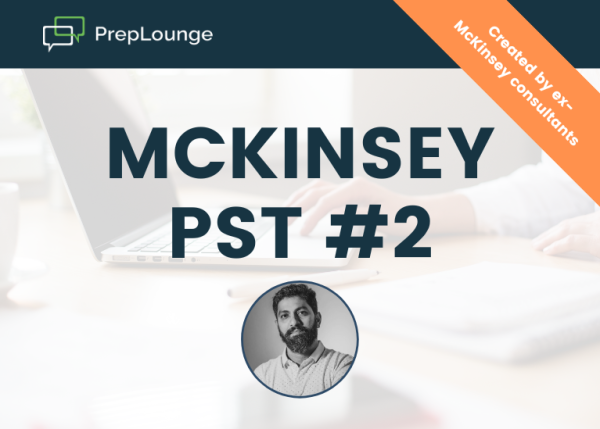
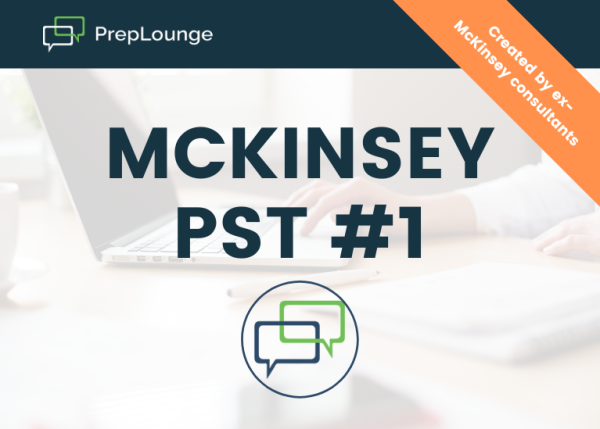

Thanks, that was very insightful! I will definitely try to approach unknowns from the perspective of trying to get the right questions rather than collecting all the answers.